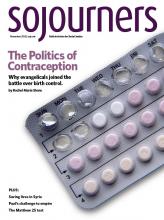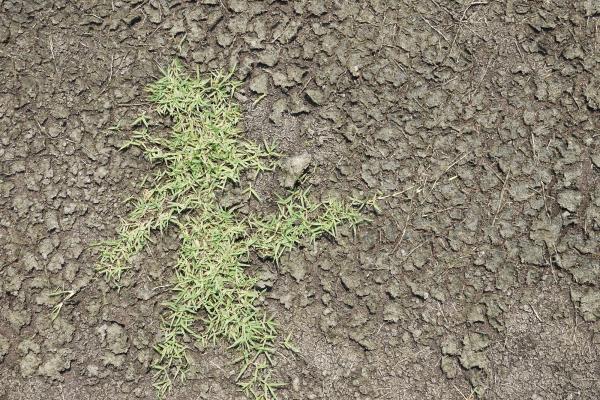AS THE SEASON turned from summer to fall, I was reflecting again about Sojourners’ vocation, the focus of our mission and ministry.
Matthew 25:31-46 is my own conversion text, the scripture that brought me to Christ a long time ago out of the radical student movement. It’s also been a converting text for many others here at Sojourners over the years.
The 25th chapter of Matthew’s gospel has been foundational to Sojourners from the very beginning of the Sojourners community more than 40 years ago. But I am realizing that Matthew 25 is not only foundational for us, it is really our vocational text. In other words, it shapes not just what we believe and what we stand for, but also what we do as an organization—the issues we address, the campaigns we get involved in, the statements we sign, the coalitions we join, and much more.
In that sense, I’ve been thinking about Matthew 25 in relation to issues of organizational stewardship and sustainability. Autumn is always a busy season for me and for Sojourners. Faced with many invitations, requests, and opportunities to make a positive impact on a variety of issues, how do we decide where and how to focus our ministry, energy, staff, time, and gifts? How do we be good stewards of our calling? I think that Matthew 25:31-46 provides the answer. The key moment in the passage is when Jesus says:
I was hungry and you gave me food, I was thirsty and you gave me something to drink, I was a stranger and you welcomed me, I was naked and you gave me clothing, I was sick and you took care of me, I was in prison and you visited me ... Just as you did it to one of the least of these who are members of my family, you did it to me.
Read the Full Article

